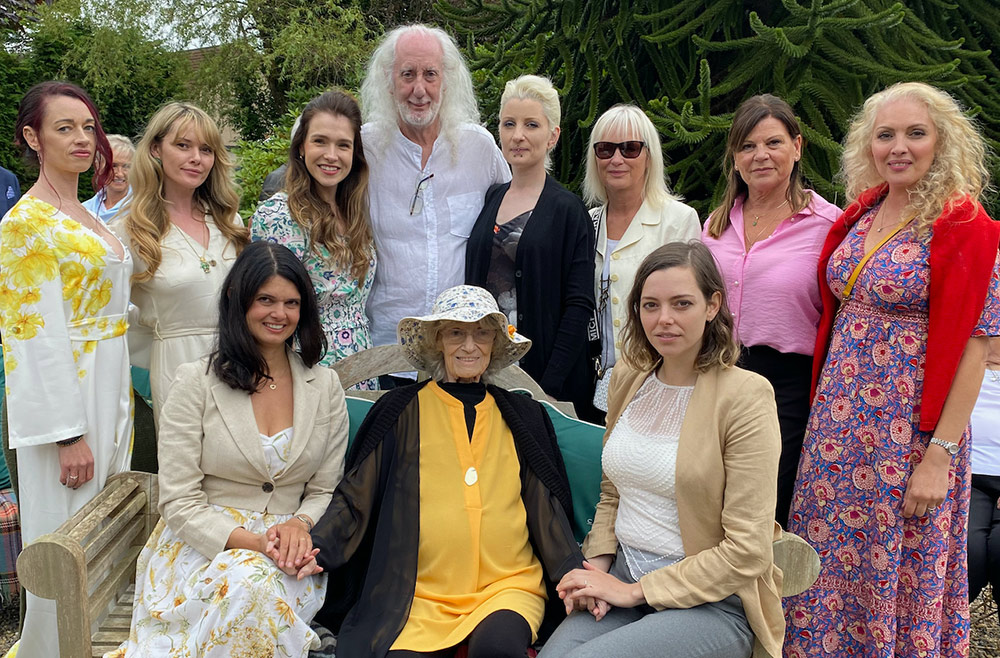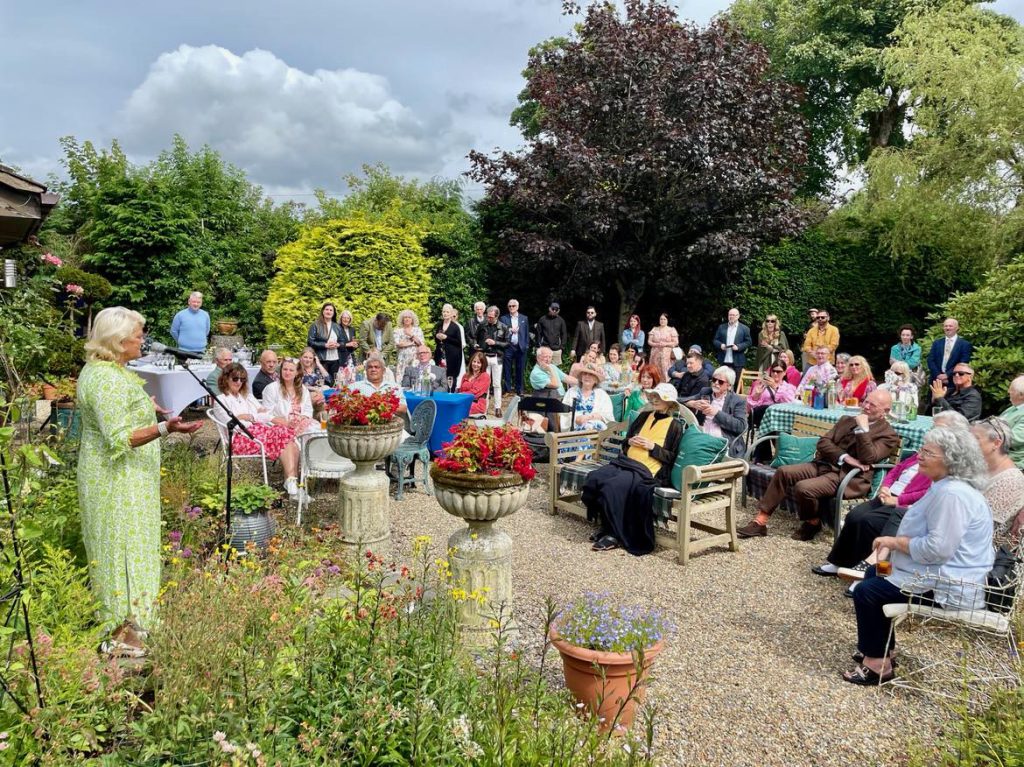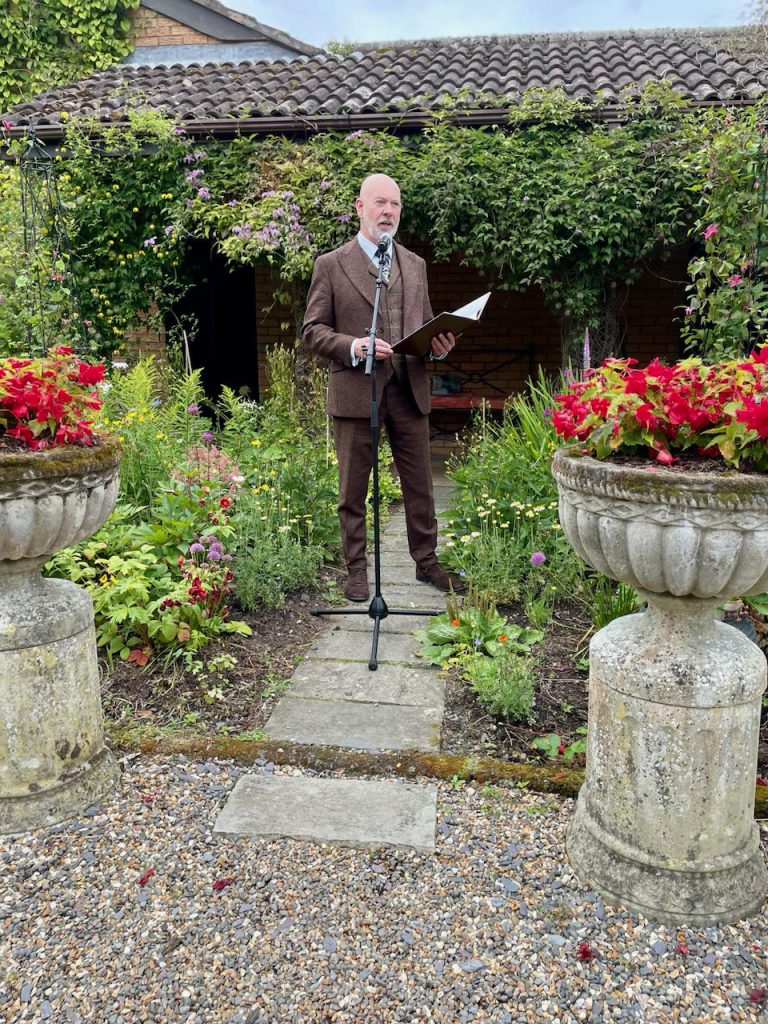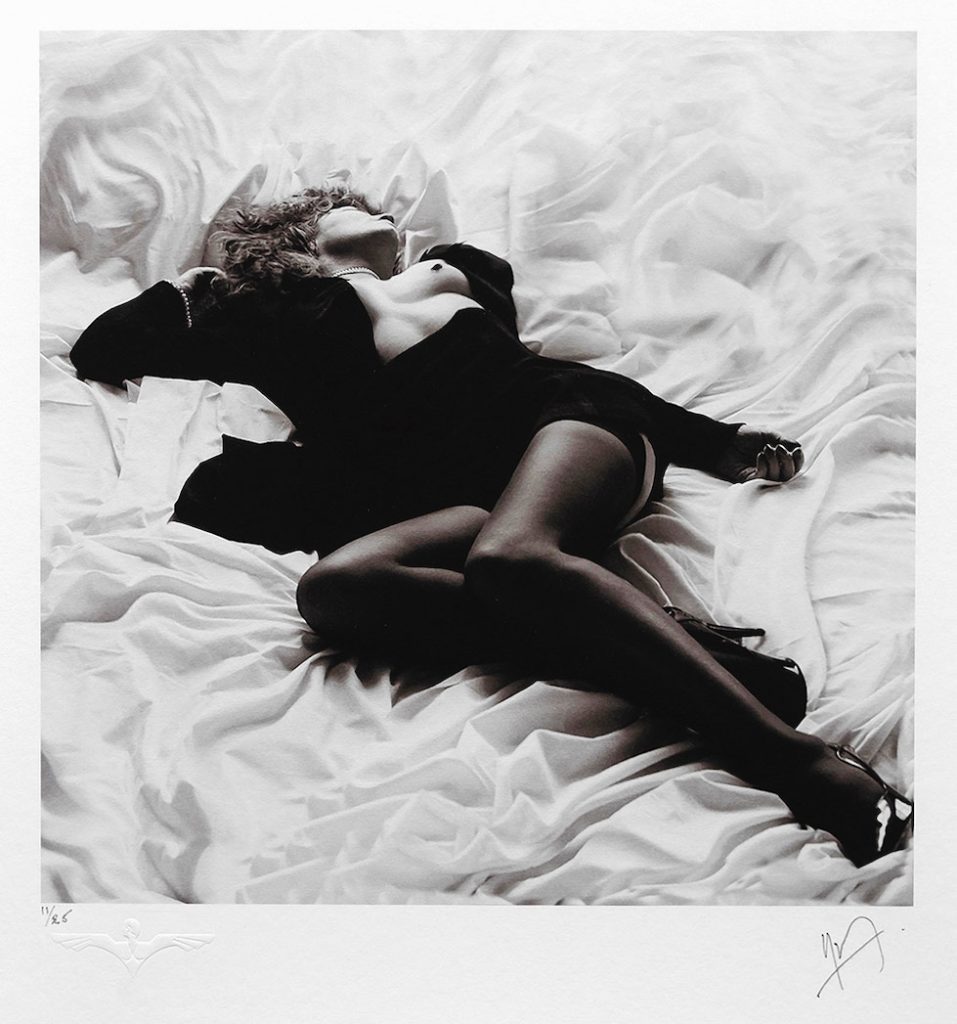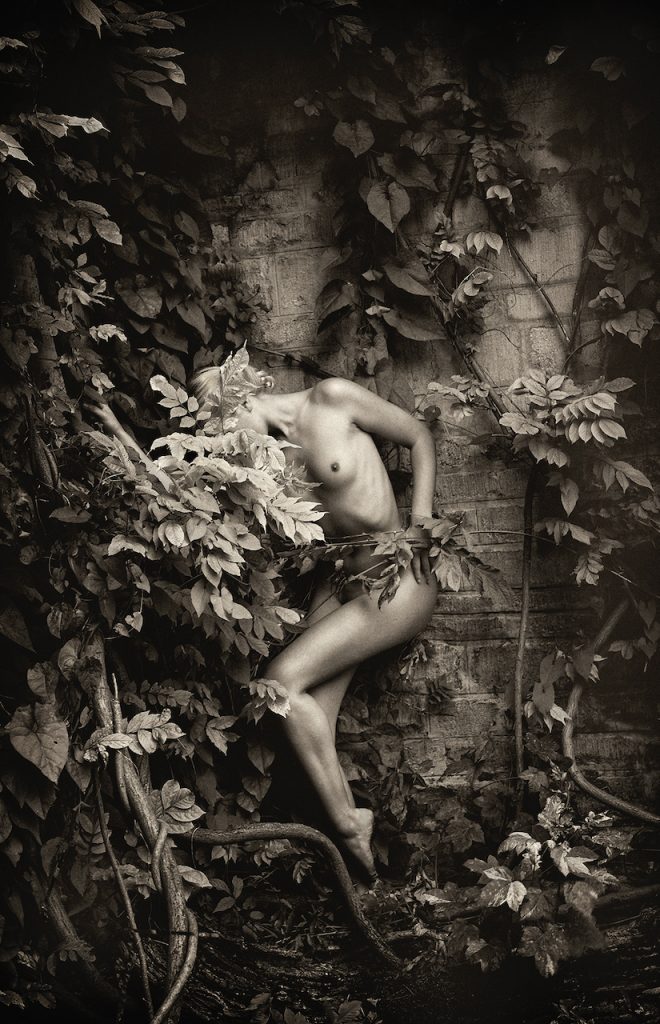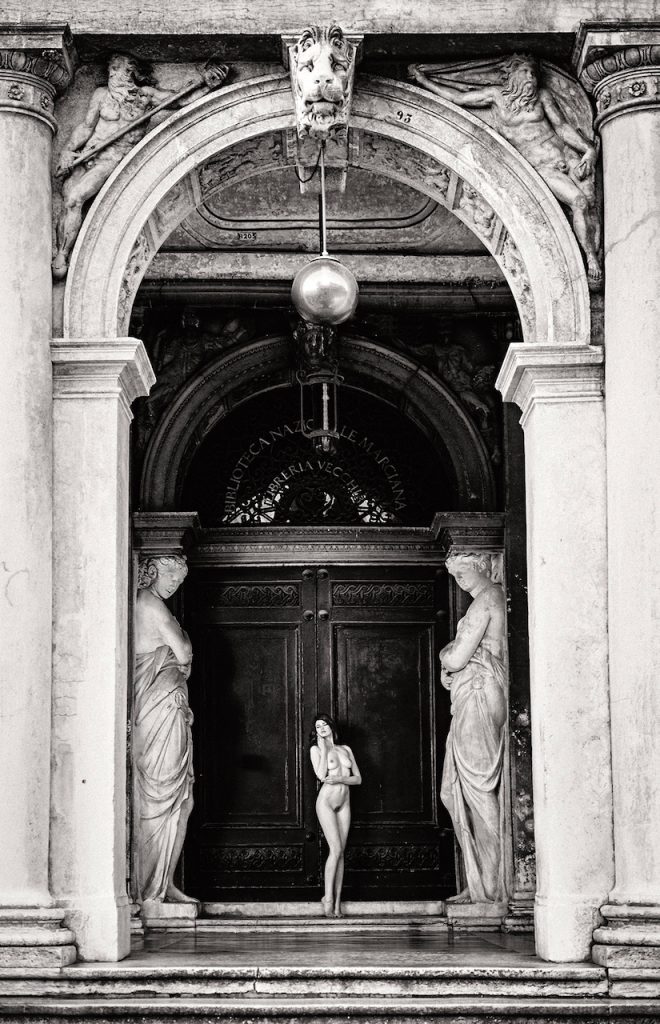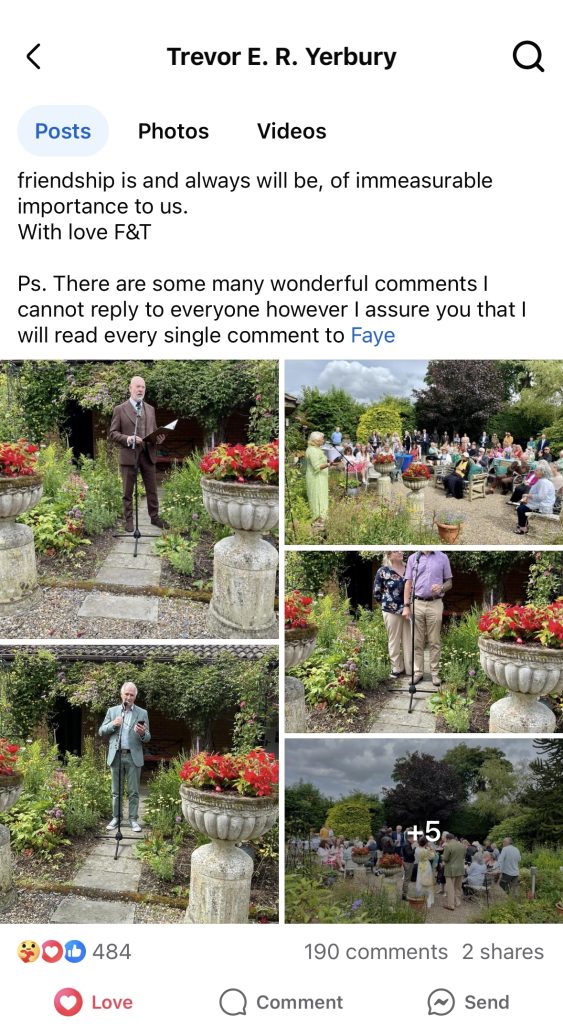Rewrite the Rituals
“All rituals were invented by somebody. They didn’t just come out of the ether from God.”
Grayson Perry
I’ve long been a fan of Grayson Perry. Not just of his work as a potter which is as subversive as it is beautiful, but also of his clear-eyed attempts to understand and explain the human condition. He’s a gifted communicator, whose easy directness allows him to connect with people from all cultures and walks of life, and in his series for Channel 4 Grayson Perry: Rites of Passage — he travels from the rain-soaked Midlands of England to the rainforests of Sulawesi to investigate the ways in which we mark the big events in our lives.
“All rituals were invented by somebody,” Perry says. “They didn’t just come out of the ether from God,” and his insight is that while rituals can become empty and meaningless when they lose their connection to the societies they are supposed to serve, they can also evolve.
“Making meaning: that’s what we’re doing” he says, and in his series, Perry gracefully and movingly offers possible solutions to two realities of 21st century life that no ceremony, religious, civil or humanist currently address: prolonged illness and divorce. Just as Perry transcends easy gender stereotypes, I suspect he’d evade any attempt to categorise his beliefs, but the ceremonies that he helped to create in these programmes struck me as being profoundly humanist in nature.
As a celebrant, I occasionally have the privilege of meeting people before they die so they can tell me about their life, but it hadn’t occurred to me until I saw this programme how much better it would be to celebrate their life while they’re still alive.
Roch Maher was diagnosed with motor neurone disease and given 18 months to live. That was eight years ago. Now approaching what he recognised as the end of his life, Roch decided to celebrate it with his family and friends while he could still speak and enjoy their company. Grayson made him a canopic urn of the type used by the ancient Egyptians for their funeral remains, into which the guests placed mementoes of Roch’s life: there were many, many bottles of beer, but the first and most moving contribution was the ‘something blue’ garter his wife had worn at their wedding.
Grayson Perry has the gift of making his insights seem unremarkable and obvious, so it now seems extraordinary to me that although almost half of the marriages in the UK currently end in divorce, to date no faith or belief system has tried to create a ritual to mark it. Divorce is often messy, emotional and traumatic, but in episode two, we met Dilly and Mark who were doing their best to part on amicable terms having acknowledged that marriage had run its course.
For their outdoor ceremony in a nearby park, Grayson created a beautiful silk banner, with which he presented them, along with a huge pair of shears to cut it in half. Like the living funeral, the divorce ceremony provoked both laughter and tears from Mark and Dilly’s family and friends, but even without a specially commissioned Grayson Perry artwork to destroy, it is easy to see how a ritual in which a couple could express not just their sorrow and regret but also their hopes for the future could help to heal some deeply damaging wounds.
Rites of Passage is unapologetically provocative television but it doesn’t upset, it inspires. Quite when I’ll ever meet someone brave enough to participate in their own farewell I don’t know. Sooner, perhaps, than I will meet a couple so emotionally mature as to contemplate a divorce ceremony, but one day someone will and I believe that Grayson Perry’s example will help them to invent their own ritual, full of meaning, emotion, and purpose.
This article first appeared in The Scotsman.

